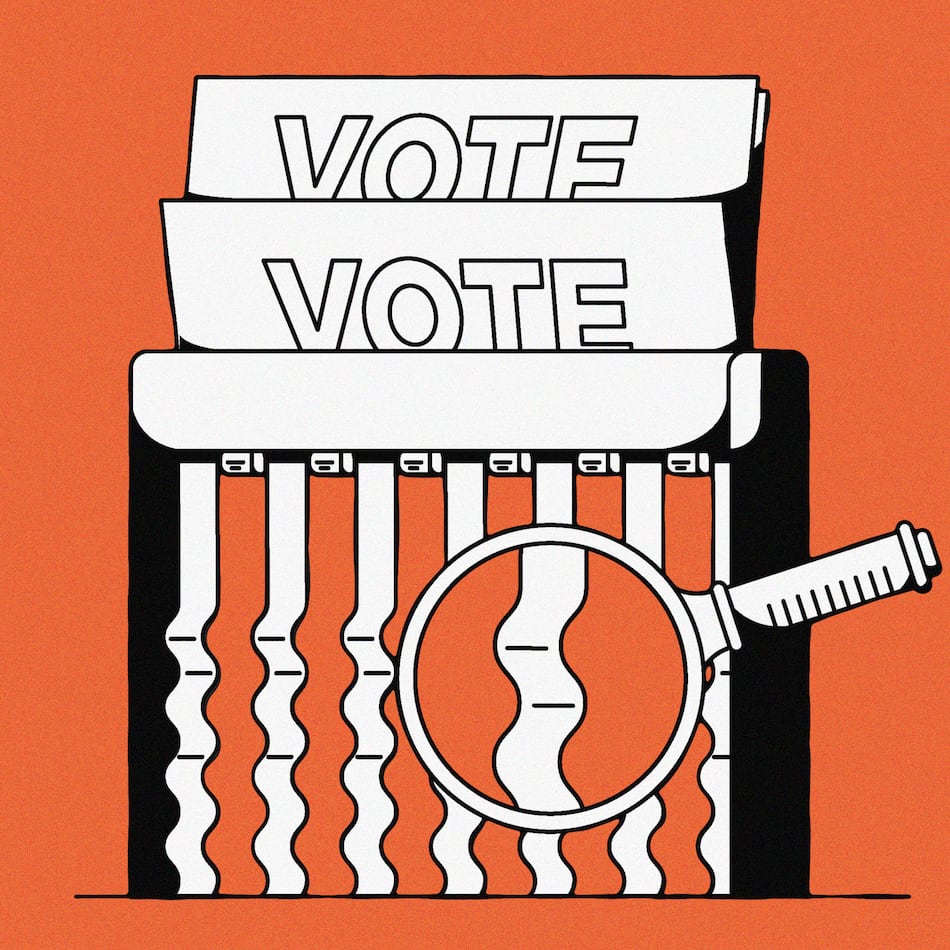After a first quarter upended by a trade war, travel demand has stabilized to last year’s levels, Delta Air Lines said in its second quarter earnings release Thursday.
The Atlanta-based carrier still expects to make a profit in 2025, but not the record it had initially predicted, thanks to this year’s “economic turbulence,” CEO Ed Bastian told The Atlanta Journal-Constitution in an interview.
After withholding year-end guidance three months ago, the airline confirmed it expects annual earnings per share to range from $5.25-$6.25, down from its original forecast of $7.35. Last year the company brought in $5.33 in earnings per share.
Delta shares jumped more than 10% in the hours after the announcement Thursday morning.
“Whether it’s the geopolitical conflicts, wars, the trade/tariff battles that are being waged across the globe and the resulting impact on corporate and consumer confidence, clearly that trajectory is highly correlated” to when the company saw demand drop, Bastian said.
Despite the uncertainty, the company still reported record revenue for the second quarter, as well as $2.1 billion in profit — up from $1.3 billion for the same period last year.
However, it still plans to cut flight capacity in the back half of the year and is maintaining a front-line worker hiring freeze, Bastian confirmed.
The company is “effectively managing the levers within our control,” Chief Financial Officer Dan Janki said on an investor call Thursday morning.
Cuts will focus on midweek and nonpeak flights, company President Glen Hauenstein told investors Thursday, including those departing before 6 a.m. and after 9 p.m.
“We’re all taking the weakest trips out,” he said of the industrywide adjustment to lower demand.
Compared with the same quarter last year, overall passenger revenue was flat, and corporate sales ticked up.
When it comes to tariffs, Delta is continuing its stated strategy of not paying them, Bastian told the AJC.
Even though the company has taken delivery of about a half dozen new European-made Airbus planes in the past few months, he said they have paid no duties on the planes, which are “exclusively operating internationally.”
“We are not taking any aircraft that would trigger a tariff,” he said.
During a trade war during the first Trump administration, Delta also continued to accept new Airbus planes, but leveraged a loophole to avoid paying millions in tariffs.
That loophole came down to an interpretation of what is a “new” aircraft. The U.S. International Trade Commission had defined a new plane as one “with no time in service.” So once an airplane gained hours of service via an international flight first, it was technically no longer “new.”
Ongoing trade negotiations between the U.S. and the EU are expected to produce a rough draft this week with carve-outs for products, including Airbus airplanes, The New York Times reported Wednesday.
The company is “encouraged by the progress that we see happening in the discussions in Washington,” Bastian told investors Thursday.
Despite flat passenger revenue, the company called out its “high margin revenue streams” as a sign of strength in the results.
Its premium tickets and loyalty revenue from its SkyMiles program and other things continued to show year-over-year growth. It brought in $2 billion from its American Express partnership, a 10% year-over-year jump, and its maintenance and repair division saw a nearly 30% revenue increase.
Delta will continue its front-line worker hiring freeze for pilots, flight attendants and other positions and will “reevaluate” it toward the end of the year, Bastian said.
However, the company is “fully staffed” and has “more front-line staff than ever relative to the operation,” he said.
Delta’s two unions recently sent a letter to their memberships arguing the company’s staffing levels have left it unable to respond to “predictable weather events.”
Editor’s note: This article was updated to include additional comments from an investor call.
About the Author
Keep Reading
The Latest
Featured



